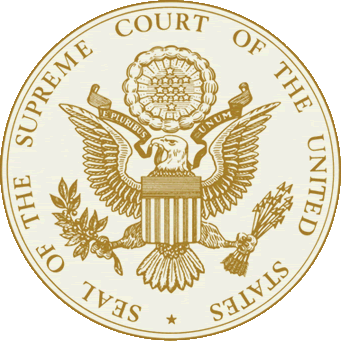On Jan. 5, 2021, the U.S. Supreme Court announced that it would hear oral arguments via teleconference during its January sitting, following the same format that was used during its October, November, and December sittings.
Under this format, all relevant counsel are called the morning of the case’s argument day and are briefed with instructions. At the time of argument, the justices enter the main conference call for argument. Chief Justice Roberts will call the first case and will prompt counsel to present their arguments. The chief justice will conduct initial questioning. Once complete, the associate justices are able to ask questions in turns in order of seniority.
The following is a list of the current Supreme Court justices in order of seniority:
- Chief Justice John Roberts – Appointed by President George W. Bush (R) in 2005
- Associate Justice Clarence Thomas – Appointed by President George H.W. Bush (R) in 1991
- Associate Justice Stephen Breyer – Appointed by President Bill Clinton (D) in 1994
- Associate Justice Samuel Alito – Appointed by President George W. Bush (R) in 2006
- Associate Justice Sonia Sotomayor – Appointed by President Barack Obama (D) in 2009
- Associate Justice Elena Kagan – Appointed by President Barack Obama (D) in 2010
- Associate Justice Neil Gorsuch – Appointed by President Donald Trump (R) in 2017
- Associate Justice Brett Kavanaugh – Appointed by President Donald Trump (R) in 2018
- Associate Justice Amy Coney Barrett – Appointed by President Donald Trump (R) in 2020
The court also announced that the oral arguments will be provided to the public via live audio stream. The audio files and argument transcripts for cases will be posted on the Court’s website following oral argument each day.
The Supreme Court began hearing cases for the term on Oct. 5, 2020. The court’s yearly term begins on the first Monday in October and lasts until the first Monday in October the following year.
As of Jan. 8, 2021, the court had agreed to hear 60 cases during its 2020-2021 term. Of those, 12 were originally scheduled for the 2019-2020 term but were delayed due to the coronavirus pandemic.
Additional reading:


